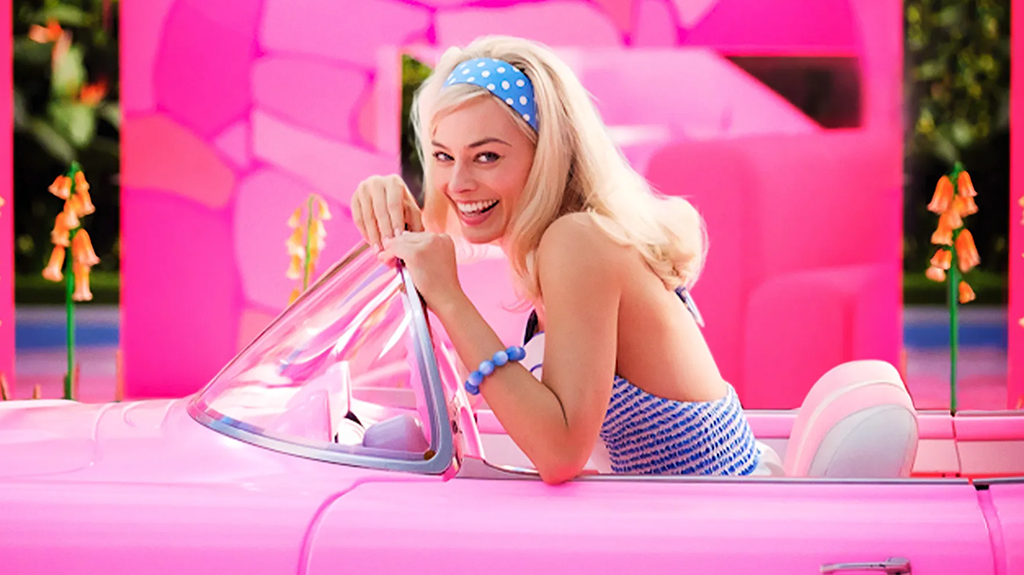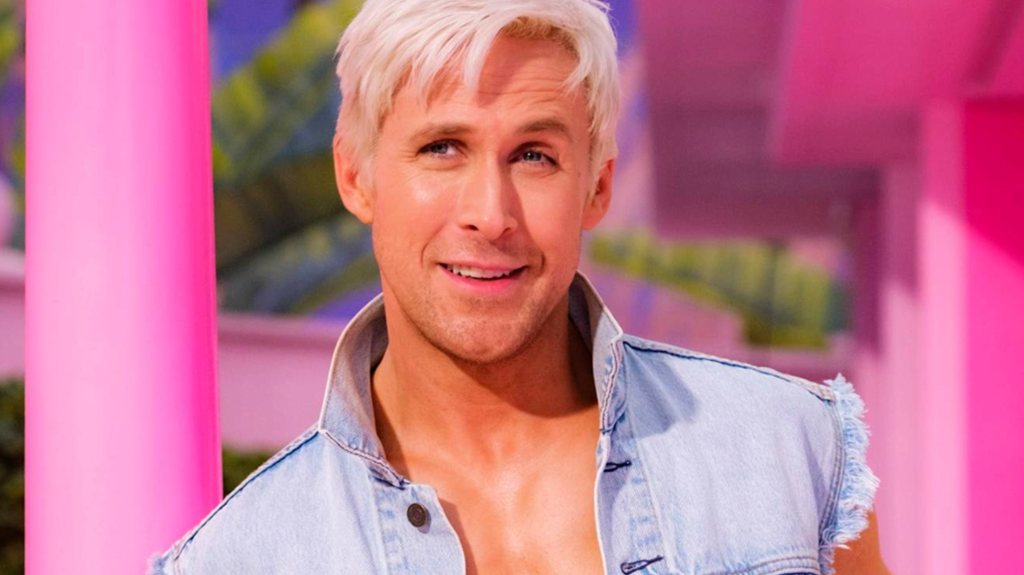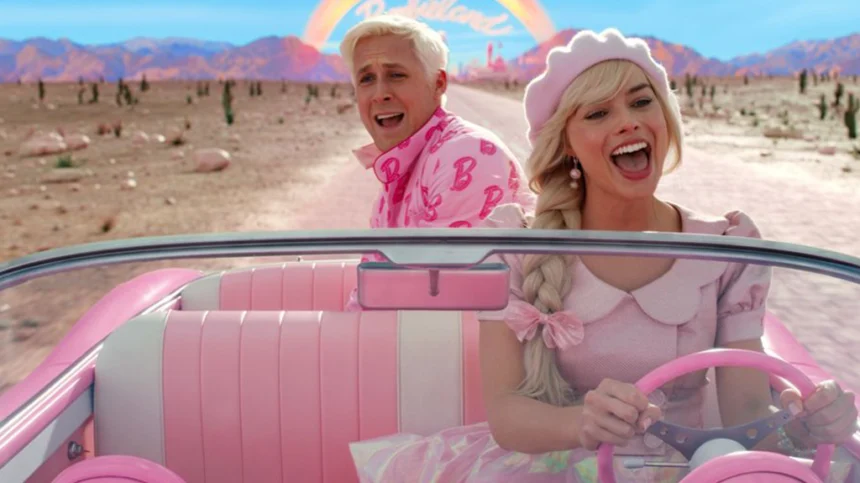I was taken by surprise with Greta Gerwig’s Barbie. Gerwig, who first made her mark as an actress in the films of Noah Baumbach (now her spouse), quickly rose to prominence in Hollywood as a talented director and screenwriter. Her works, such as Lady Bird and Little Women, not only achieved commercial success and received significant acclaim during awards season but also established her as one of the most dynamic and influential new voices in mainstream cinema.
With “Barbie,” Greta Gerwig proves her skill in handling major productions while maintaining her distinct artistic vision, much like she demonstrated in “Little Women.” The generous budget serves her creative direction without stifling it, and the anticipation of broad audience appeal doesn’t dilute her unique perspective.
“Barbie” emerges as one of the most intriguing big-budget movies in contemporary Hollywood. This film fearlessly and entirely embraces its unconventional and distinct concept, leaving audiences astonished. The level of dedication and sincerity in its execution demands respect. Yet, whether it captivates or not depends on the strong personal impressions it elicits, a common trait of such distinctive works. Collaborating on the script alongside Gerwig, Baumbach, renowned for his collaboration with Wes Anderson, injects a segment of “Barbie” with an artfully constructed aesthetic reminiscent of Anderson’s signature style.

Set entirely in a realm of delightful kitsch, it perfectly embodies the plastic, artificial, and sanitized allure of Barbie. The movie exudes a commercial-like charm rather than attempting to mimic reality. Within this meticulously crafted universe of girlish dollhouses, vibrant colors, and peppy pop music, characters naturally embody doll-like qualities. They become caricatures, even the real-world individuals, providing the foundation for some of the most enjoyable performances of the year. These performances might even serve as the most crucial element of its artistic expression.
Both Ryan Gosling and Margot Robbie deliver incredible performances in their roles. Gosling plays Ken, Barbie’s brainless and handsome boyfriend, with a side-splitting innocence and impressive calculation that perfectly suits a character representing a stereotypical doll rather than a real human. The combination of childlike purity, uncomplicated silliness, and an almost robotic demeanor creates a comedic result that is impossible not to be swept away by its overflowing – albeit utterly foolish – energy.
Margot Robbie takes on a significantly more intricate heroine and excels equally as well, considering that the entire dramatic essence of the film hinges on her shoulders. Amidst the affected and “wooden” responses of a doll, the human emotions and sincerity she manages to convey appear genuine and persuasive – an achievement not to be underestimated. The supporting roles also stand tall, with Will Ferrell and Michael Cera grabbing the spotlight and leaving a lasting impression.

Apart from its wildly unconventional aesthetics and unwavering commitment to them, I personally found it somewhat underwhelming in terms of its underlying themes. The plot unfolds as follows: When Barbie unexpectedly starts contemplating mortality, it creates a division between her own world and the realm of humans. To mend this division, she embarks on a journey alongside Ken, venturing into the human world. There, she experiences a profound awakening, while Ken becomes influenced by the prevailing patriarchy and seeks to incorporate it into his own world. As Barbie’s preconceived notions about herself and her role in the human world crumble, she also loses touch with her own reality due to Ken’s alienating patriarchal ideals. Amidst all of this, the higher-ups at Mattel (headed by Will Ferrell), who have become aware of her existence, try to put her back in her… “box.”
The plot may seem far-fetched, but it aligns well with the film’s peculiar disposition. However, the satire it attempts on patriarchy, stereotypes, and real-world sexism mostly remains on the surface, frequently presenting clichés with a didactic tone that seems reminiscent of the preachy, clever world found on social media. It consistently strives to explain its viewpoints, underscoring them in a heavy-handed manner.

Perhaps I may be mistaken in expecting some depth of meaning in such an endeavor. Maybe this surreal creation not only functions well without it but is simply not suited for it at all. After reflecting on it for a few hours since watching it, I must confess I remain undecided.
Nevertheless, it’s evident that Barbie stands apart from other films in its genre. While I’m not a fervent follower of this type of work, I must acknowledge its unwavering commitment to its own essence: its comedic absurdity, its distinctive style, its eccentricity, and its peculiar narrative. It presents a surreal amalgamation of ideas, borrowing elements from Toy Story and Pinocchio, while delivering the obvious with a captivatingly flamboyant flair. It may not attain masterpiece status, but if you allow yourself to immerse in its unique charm, you’re bound to have an enjoyable time!












